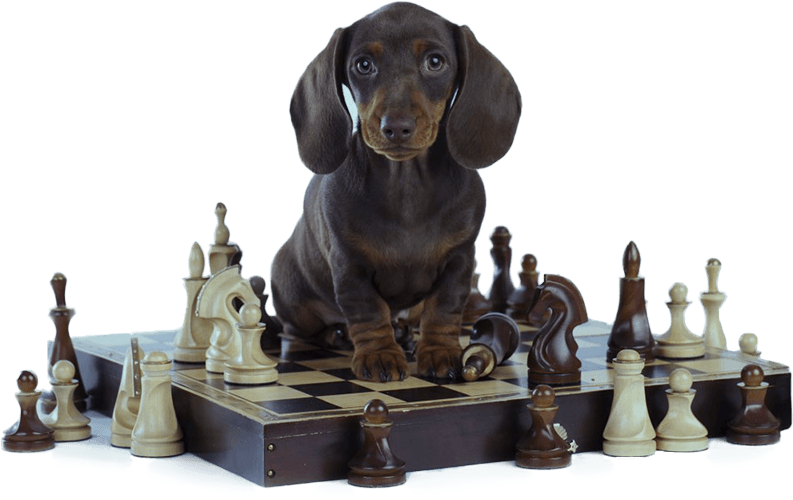Basic obedience training tips for puppies.
1. Start Early: Puppy training should begin as soon as you bring your furry friend home. Puppies are like sponges when it comes to learning, and the earlier you start, the easier it will be for them to grasp the basics.
2. Positive Reinforcement: This is a cornerstone of effective puppy training. Reward your puppy with treats, praise, or toys when they exhibit good behavior. Positive reinforcement creates a strong motivation for your puppy to follow your commands.
3. Short and Sweet: Keep training lessons short and frequent. Puppies have short attention spans, so aim for 5-10 minute sessions several times a day. This keeps them engaged and prevents them from getting bored or frustrated.
4. Consistency: Consistency is key in puppy training. Use the same commands and cues each time, and ensure that all family members and caregivers are on the same page. A unified approach prevents confusion.
5. Patience: Understand that puppies will make mistakes, and they might not get it right the first time. Be patient and avoid showing frustration. A calm and patient demeanor encourages a positive learning environment.
6. Gradual Progress: Start with the basics and gradually move on to more advanced Lessons. Begin with sit, stay, and come before introducing more complex commands like down or heel.
7. Socialization: Expose your puppy to various people, animals, and environments. Socialization is crucial for a well-adjusted and confident dog. Ensure these experiences are positive to build their trust and comfort.
8. Use Proper Training Equipment: Invest in the right training equipment, such as a well-fitting collar and leash. Ensure that the collar is comfortable and that you can control your puppy without causing discomfort or injury.
9. Training in Different Locations: Practice commands in different locations to generalize your puppy's understanding. Start in a quiet room and gradually move to more distracting environments like a park. This helps your puppy learn to obey in various situations.
10. Avoid Punishment: Avoid harsh punishment or physical corrections. It can lead to fear and anxiety in your puppy, damaging the trust you've built. Positive reinforcement is a more effective and humane way to train.
11. Teach the "Leave It" Command: This command is vital for your puppy's safety. Teaching them to leave or drop something they've picked up can prevent them from ingesting harmful items.
12. Crate Training: Crate training can be a useful tool in housebreaking and providing your puppy with a safe space. Make sure the crate is a positive and comfortable environment for your puppy.
13. Be Mindful of Distractions: When training, minimize distractions in the environment. As your puppy becomes more proficient, gradually introduce distractions to challenge their obedience.
14. Set Realistic Expectations: Remember that puppies are like children; they need time to learn and develop. Set realistic expectations and don't compare your puppy to others. Each dog learns at their own pace.
15. Seek Professional Help if Needed: If you encounter significant challenges in training, don't hesitate to seek help from a professional dog trainer. They can offer guidance and expertise tailored to your puppy's specific needs.
16. Routine and Schedule: Establish a consistent routine for your puppy. Feeding, potty breaks, and training sessions should follow a predictable schedule. This helps your puppy anticipate and understand what's expected.
17. Positive Body Language: Use positive body language during training. Smile, maintain eye contact, and use a friendly tone of voice. Your puppy will respond better to your cues when they sense your positivity.
18. End on a Positive Note: Always end training sessions on a positive note, even if your puppy made mistakes. Offer praise and a reward, ensuring your puppy leaves the session feeling accomplished.
Remember, puppy training is an ongoing process, and it's essential to adapt your methods to your puppy's individual needs. With consistent training and patience, your puppy can become a well-behaved and delightful companion.
Have a Look at my No. 1 Recommendation for a PRO Dog Course...
How to Develop Your Dog Hidden Intelligence !
Thanks for Visiting my Blog !
Roger B.



Yes Please Comment !
ReplyDelete